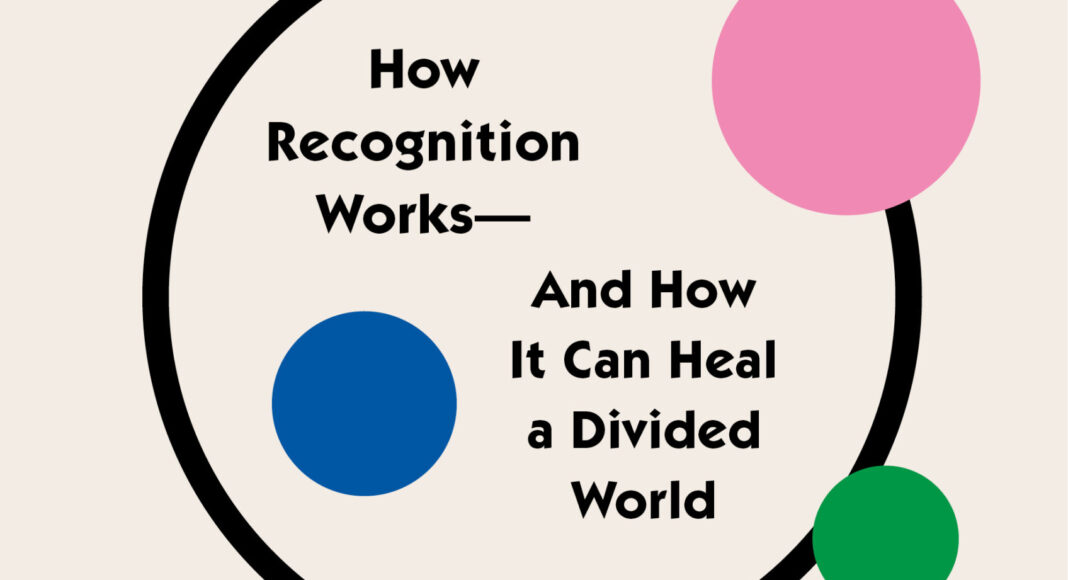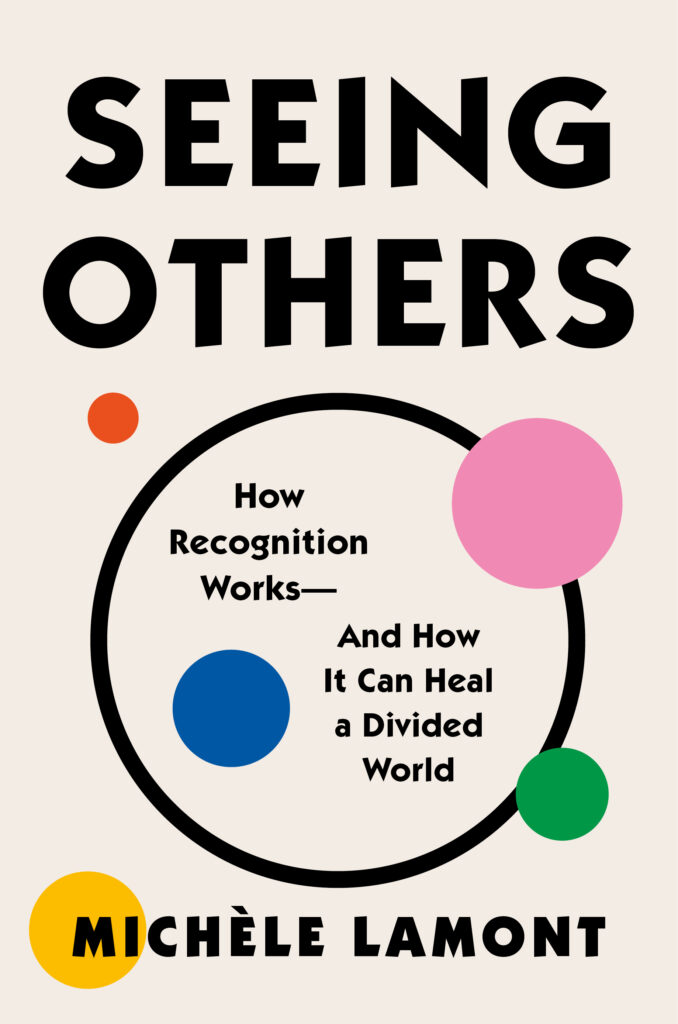In an excerpt from her new book, Seeing Others, sociologist Michèle Lamont describes the impact of neoliberal ideas on working class men.
As we’ve already seen, an array of structural changes in recent decades has steadily deteriorated workers’ economic standing. Many have seen their income decline year after year since the 1970s, as the minimum wage has failed to keep up with inflation. At the same time, workers have also seen their rate of union membership tumble. From 1954 to 2022, union membership in the US fell from 34.8 percent to just 11.6 percent. Along with these economic losses, many workers have also lost social status. This is especially true of male workers, who once largely defined themselves through their identity as steadfast providers for their families. When stagnant wages and disappearing jobs began to erode that identity, some of these men felt shamefully emasculated. At the same time, fewer got married, had children, or maintained strong networks of friends, and joined civic and religious organizations. And because of the dominant neoliberal narrative that attributed economic difficulties to individual failings, a growing number came to believe that their failures were personal rather than systemic. This fed their growing isolation, as well as political cynicism and apathy, but also, in some cases, their radicalization and support for populism in the United States and beyond.
The situation is even more dire for those living under the poverty line given the erosion of government programs like public housing, unemployment benefits, and disability income. Until the US government provided relief for COVID-19, a growing proportion faced extreme poverty as essential safety net programs such as food stamps have been cut again and again. In 2020–21, government relief has improved their situation in the short term and showed what the US is capable of when political consensus is possible. But for many the situation remains hopeless.
All these trends stand in sharp contrast to the positive meritocratic message of “work hard and you’ll rise up.” This dissonance sends a message to those at the bottom that their difficulties stem from their presumed lack of drive, that they deserve to be cast aside. In this way, the working class and the poor are vilified and made to feel “less than”—less competitive, hardworking, intelligent, disciplined, entrepreneurial, and motivated than professionals and managers. Essentially, the American dream and its myth of meritocracy draw boundaries between those who matter and those who don’t. This becomes the basis of the social hierarchy, protected by an ironclad moralistic justification that has only gained influence under neoliberalism.
The vicious cycle of our current economic model centered on growth at all costs has led to a widespread toll on mental health for the population at large, including increased reports of anxiety, depression, and suicidal ideation. These effects were of course accentuated by the 2020 COVID pandemic. According to one national study published in February 2021, 41 percent of surveyed adult Americans said they had experienced anxiety and depression symptoms since the start of the pandemic, and 13 percent reported new or increased substance abuse.
The opioid crisis provides evidence of the dire situation facing the lower half of society in particular: The numerous fatalities from the crisis fit into what the economists Anne Case and Angus Deaton have famously called “deaths of despair”—or deaths caused by suicide, overdose, or alcohol abuse, largely concentrated among white, non–college educated people. Case and Deaton documented a rise in these deaths, which they associated with rising inequality, the dysfunctional US health care system, and the inadequacy of the social safety net. After all, growing inequality feeds mistrust and anxiety about social status. If workers can no longer aspire to middle-class status, what does that mean for stabilizing middle-class social institutions like work, church, family, and social clubs? If the majority of people feel a divide between who they think they should be and what society makes possible, how can they be moved by a shared social vision of communal life?
In the early 1990s, I interviewed blue-collar and low-status white-collar workers living near Paris and New York for a book I was writing called The Dignity of Working Men. At the time, the differences between the two groups of workers were stark. One was that American workers were far more attracted to promises of upward mobility than their French counterparts and sought to emulate the upper-middle class. Unfortunately, they were also more likely to think of themselves as “losers,” whereas French workers demonstrated more class solidarity and expressed cynicism about upper-middle-class values, including its “bourgeois lifestyles.”
To be certain, some American workers were also fairly critical of the “people above”—or “the Ken and Barbie people,” as one worker put it. These more critical workers called their upper-middle-class peers “workaholics,” viewed them as obsessed with material success and professional status, and as domineering and self-centered, lacking in concern for others. Even so, many admired them.
In contrast to American workers, the French put more weight on being there for their pals through thick or thin—and less on displays of consumerism. The French, of course, were drawing on a long history of vilifying the rich and took inspiration from their country’s long and rich socialist, republican, and Catholic traditions, which celebrate solidarity, including toward the poor, and condemn capitalism as exploitative and inhumane. These communal and prosocial values were, of course, far less present in the US, where individualism dominates.
These interviews took place roughly three decades ago, but given all that’s taken place since then—the growth in inequality, the declining standards of living among the non-college educated, and the increasing differentiation between urban and rural populations—it seems likely that using material success as a measure of personal worth was even more harmful after 2000 than in the early nineties, with all but a few left empty-handed. Both in the US and beyond, these workers are hanging on to the notion of self-reliance while also trying to cope with growing uncertainty and precarity. They have seen their relative status deteriorate at great speed. Many analysts suggest that this economic anxiety and status drop explain their racial resentment toward minority workers, support for the populist right, xenophobia, and other ills.
From SEEING OTHERS by Michele Lamont. Copyright © 2023 by Michele Lamont. Reprinted by permission of One Signal Publishers/Atria Books, a Division of Simon & Schuster, Inc.
Articles represent the opinions of their writers, not necessarily those of the University of Chicago, the Booth School of Business, or its faculty.







